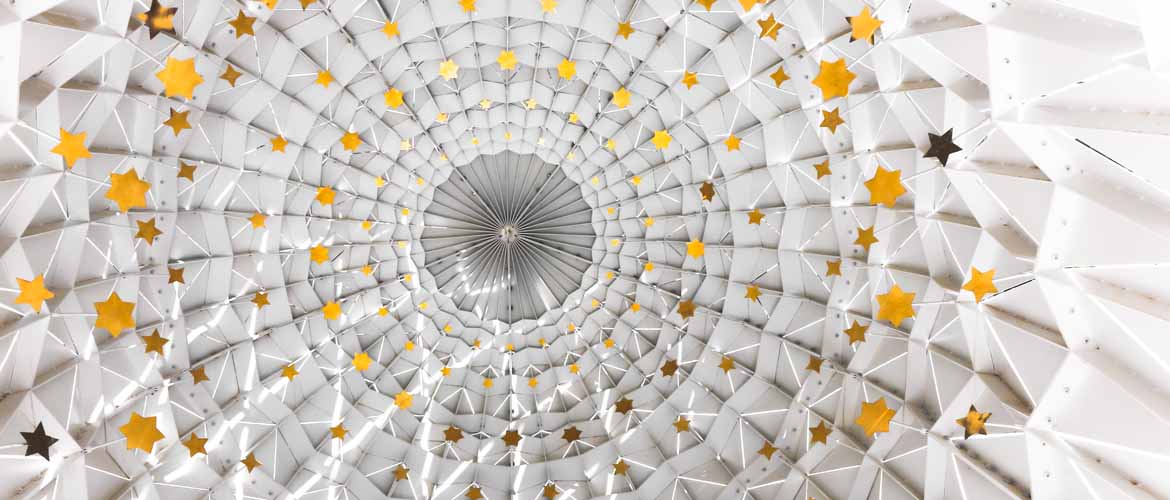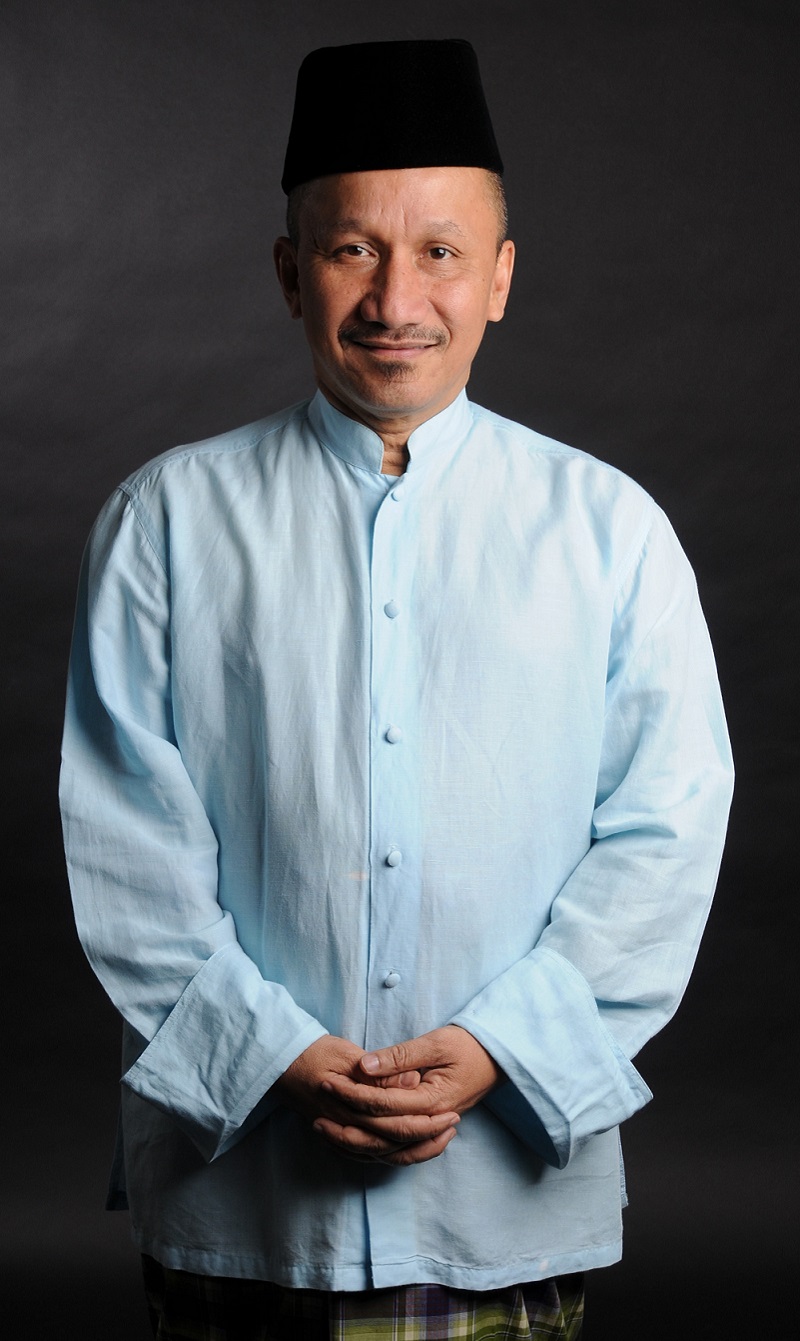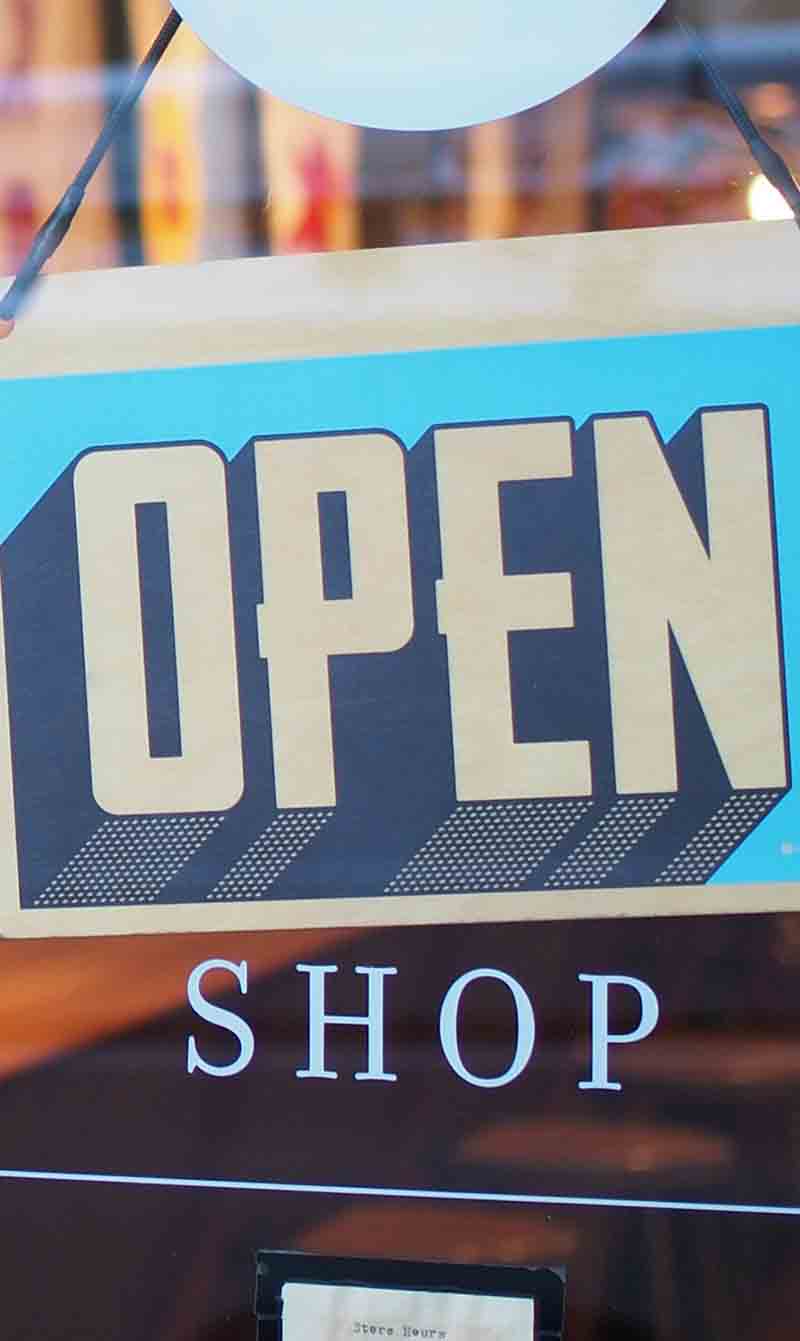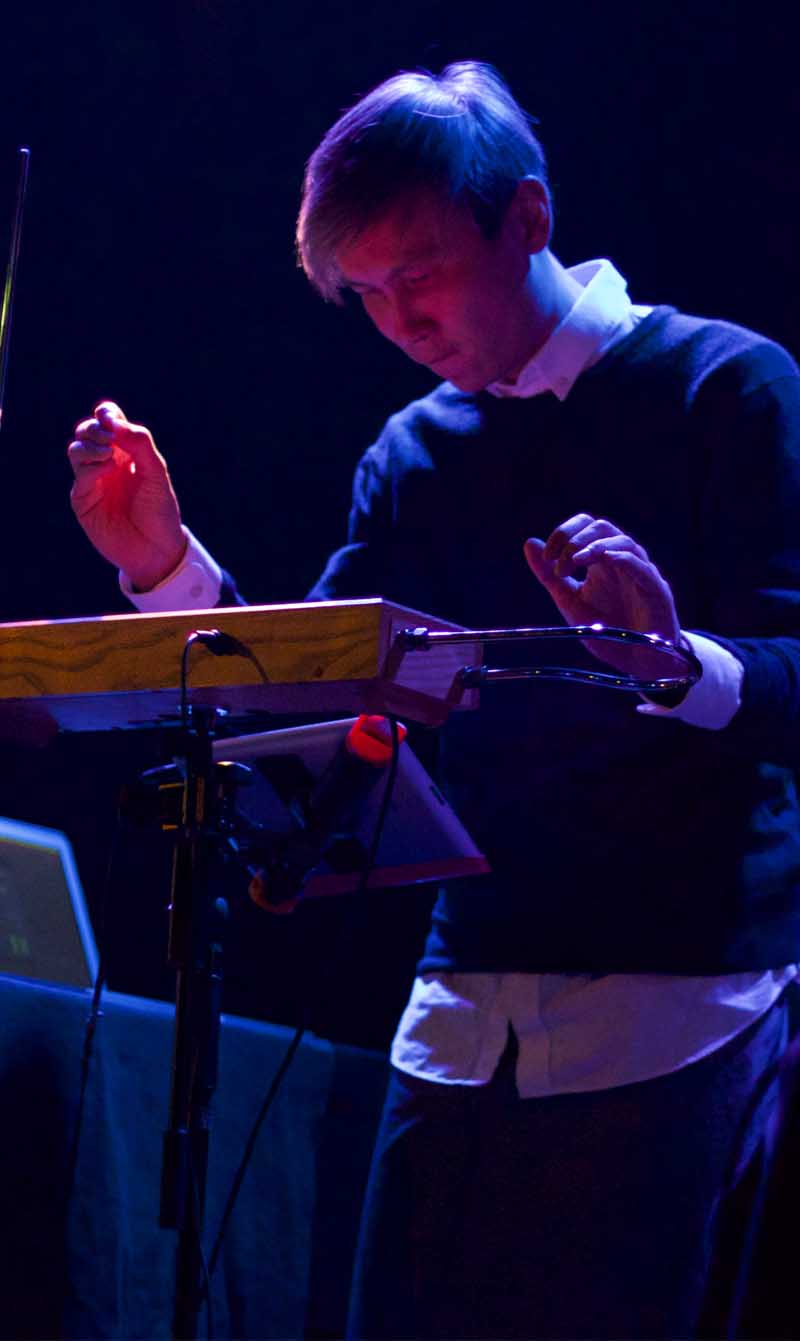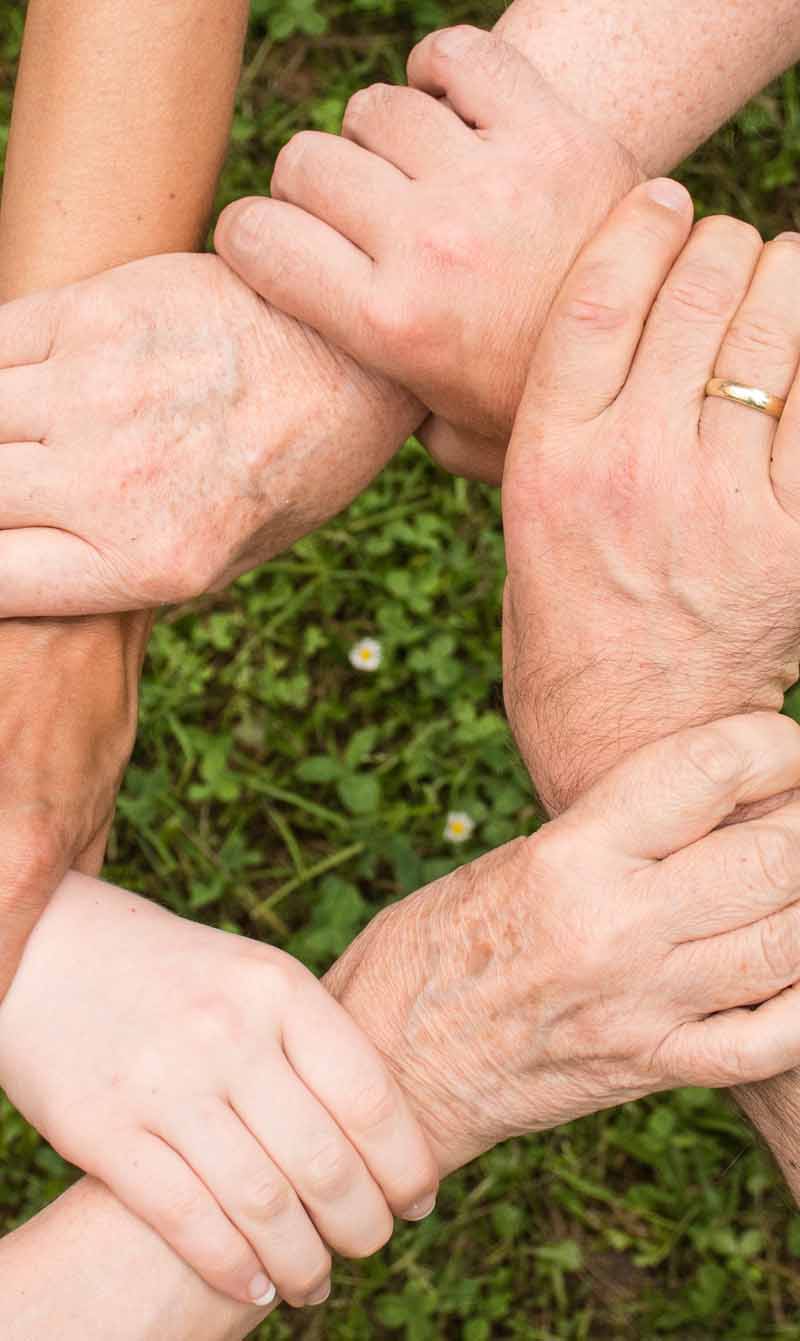Saudi Arabia in the 21st century
For the first time, Saudi Arabia is opening its doors to economic modernisation. Saudi Arabia expert, Sebastian Sons, explains what this means for their economy.
Saudi Arabia is now expected to launch the world’s largest entertainment city in Qiddiya, Riyadh. It was unthinkable a decade ago but this entertainment city will become bigger than Disney World. Led by the Saudi Crown Prince Muhammad bin Salman, the Saudi Vision 2030 is scheduled to be completed in 2022. Opening up public cinemas in Saudi Arabia and hosting a fashion week are just some of the changes already happening. Besides its recent ban lifts, the Saudi Vision 2030 plans are setting concrete steps towards fostering diversification from oil.
Saudi Arabia expert, Sebastian Sons and author of Built on Sand: Saudi Arabia, a Troubled Ally, explains what business opportunities will emerge, how it’ll impact its economy and the region. ‘We witness a cautious social liberalisation and a radical transformation on the economy,’ he says. Last week’s Saudi fashion show that replaced models with drones was certainly a creative way to demonstrate that.
Here, Sebastian shares his thoughts on the opening up of the Saudi economy.
Why now?
First and foremost, the young Saudi population is demanding more social openings, since a vast majority of young Saudi women and men have studied abroad. They want to live a different life than their parents and grandparents. Most of my Saudi colleagues are really enthusiastic about those transformations and they want to be part of a new Saudi Arabia, as they say.
Due to structural economic problems such as a bloated administration and low oil prices, the traditional welfare system based on oil incomes is on the brink. Setting up an entertainment sector and allowing women to drive is a chance to better integrate women into the job market and create new job opportunities. Taking into consideration that 30 per cent of the young Saudi women and men are jobless, this approach is driven mostly by economic reasons and without alternative.
When was this initiated?
For sure, those changes have been initiated and fostered by the Saudi Crown Prince Muhammad bin Salman, who has been in power since 2015. He’s in charge of the modernisation agenda Saudi Vision 2030 and wants to change the economic and social system radically. Being 32 years old, he also represents the young generation: 70 per cent of the population are younger than 30 years. However, the Saudi society is in transformation for a long time aiming at changing traditions, norms and social structures in order to open new windows of opportunities for economic, social and cultural engagement.
What exactly is changing in Saudi Arabia and why?
The old system based on free health care and education and tax exemption for the nationals is coming to an end. Subsidies for water, electricity and gasoline have been introduced as a 5 per cent VAT at the beginning of this year. To put it in a nutshell: the traditional social contract is under renegotiation.
How will this serve Saudi Arabia’s economic interests?
The decision-making circle in Saudi Arabia, the royal family under the leadership of King Salman and his son, the Crown Prince, is fostering diversification from oil in order to provide new jobs in sectors such as entertainment or tourism and support the private economy. From my perspective, this is the only way to transform the traditional economic system. Nonetheless, expectations are high. By now, the most important aim of reducing youth unemployment has not been received.
How will Saudi Arabia’s society adapt to these changes?
97 per cent of the Saudi population perceives the Crown Prince as a strong leader, as current polls have shown. Thus, they trust him and will support him. However, most of the young people are sceptical when it comes to the speed of changes. For them, too much is changing too fast. Of course, they’re in favour of this development but not as rapid as it’s implemented so far. Instead, the Crown prince should concentrate on only a few of main pillars in order to increase the chances of successful implementation. Otherwise, he’ll be lost in changing everything at the same time.
What business opportunities will flourish in Saudi Arabia?
Referring to Saudi Vision 2030, domestic tourism, entertainment and local content production will be the most significant pillars of the economic transformation process. The Crown Prince further wants to privatised state institutions such as hospitals or airports and the state-owned oil company Saudi Aramco, establish a local military production, attract foreign investments and foster SME’s and startup businesses run by Saudi nationals.
What about the Middle East and the region’s economy?
If Saudi Arabia is successful in realising major parts of the Saudi Vision 2030, this could have positive spill-over effects to neighbouring countries. By far, Saudi Arabia is the largest market in the Arab peninsula and offers tremendous opportunities. However, challenges remain: If the Crown Prince doesn’t succeed in creating jobs and social frustration will increase, the implications could be as destabilising for the kingdom as for the whole region.
___________________
Photo Credit: Martin Adams
